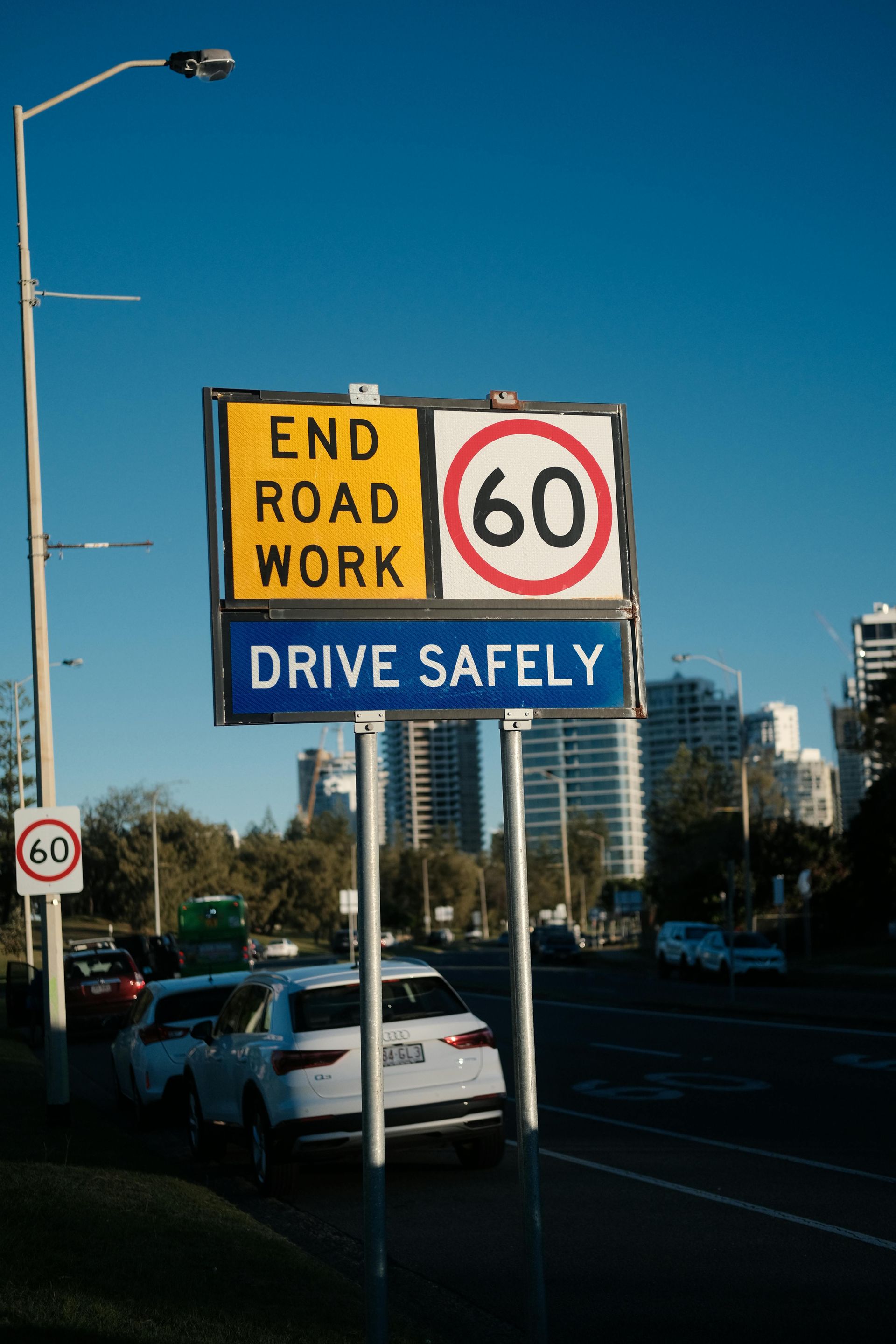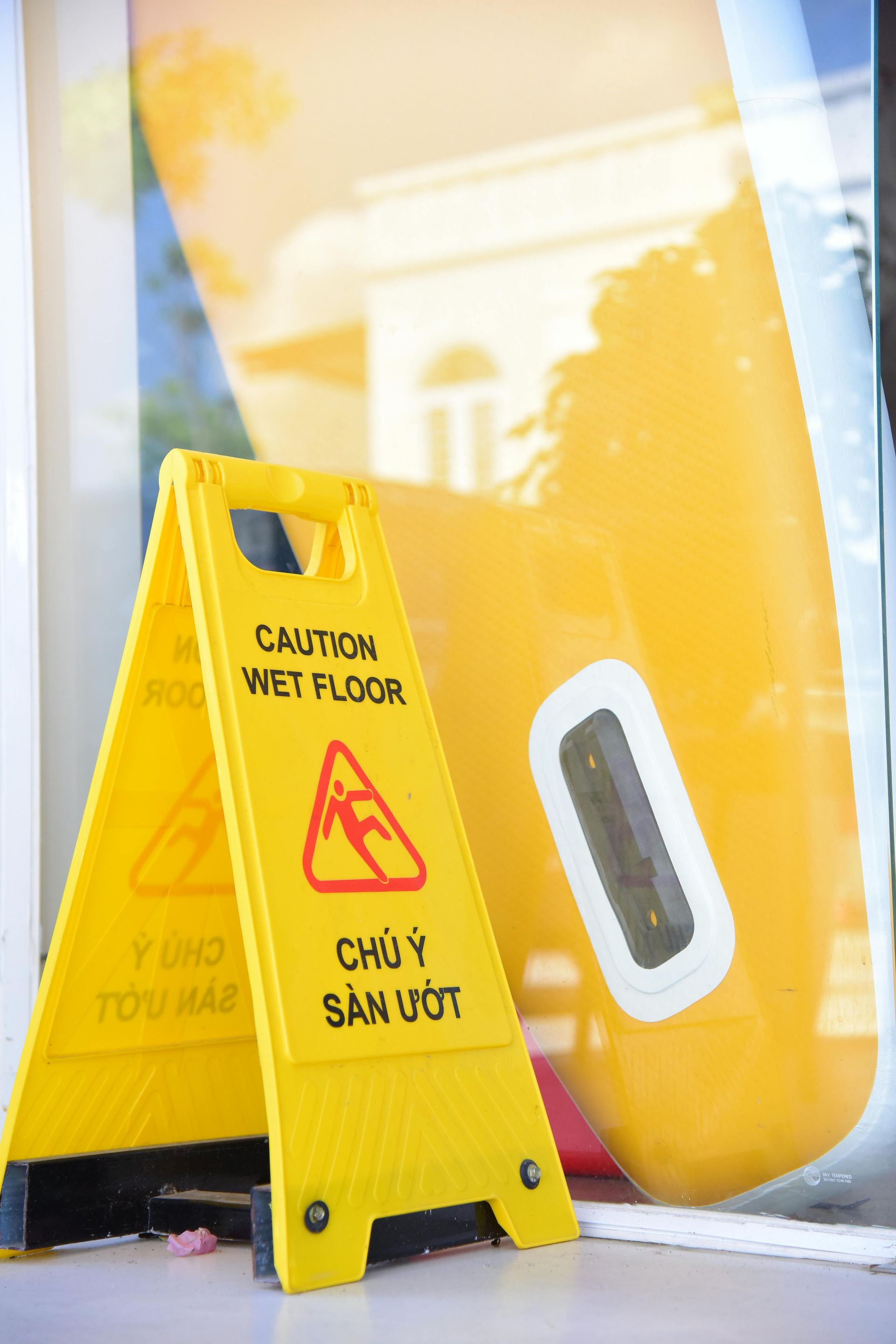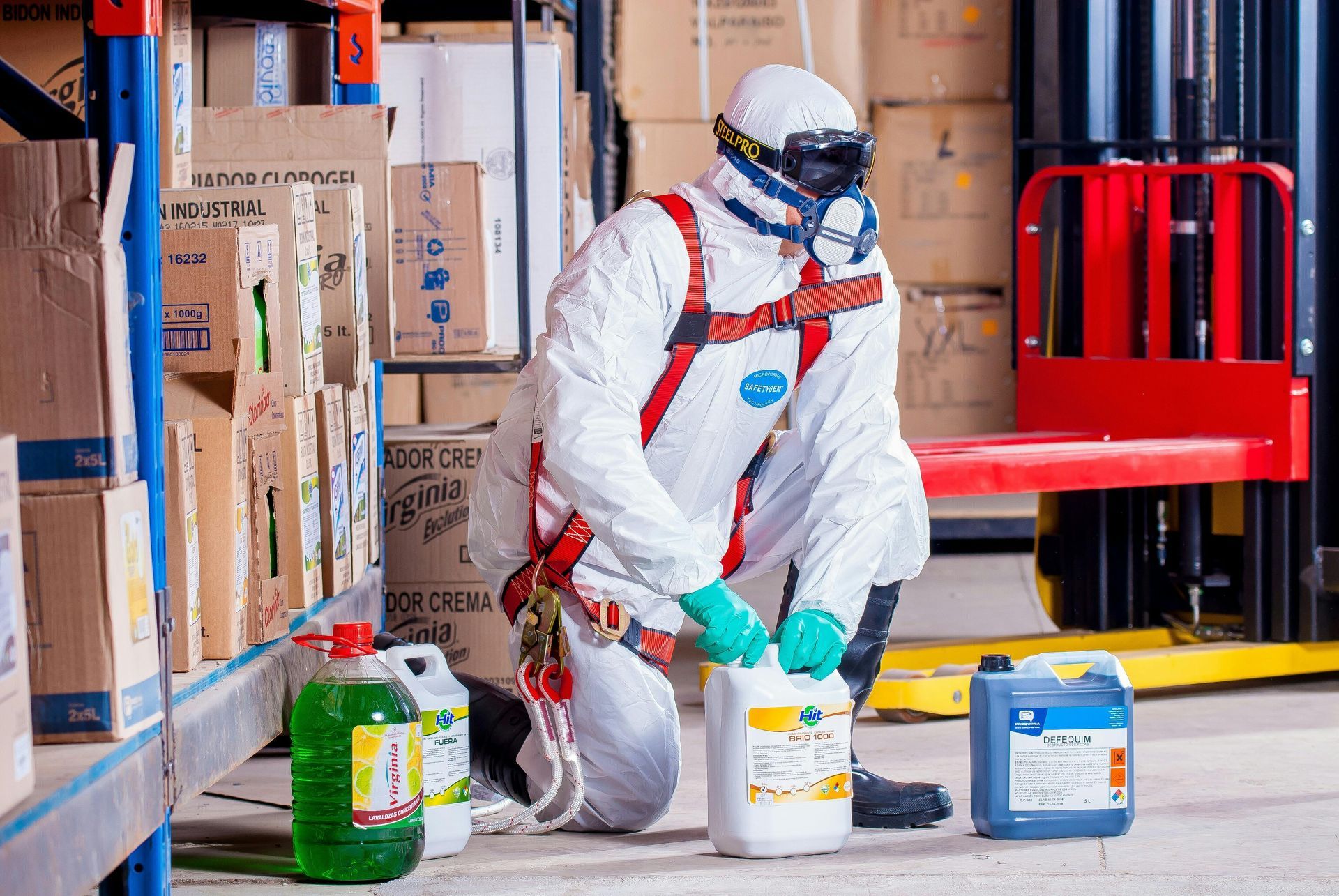Adams & Associates - Learn with Us
What Does Marine Employers Liability Insurance Cover?
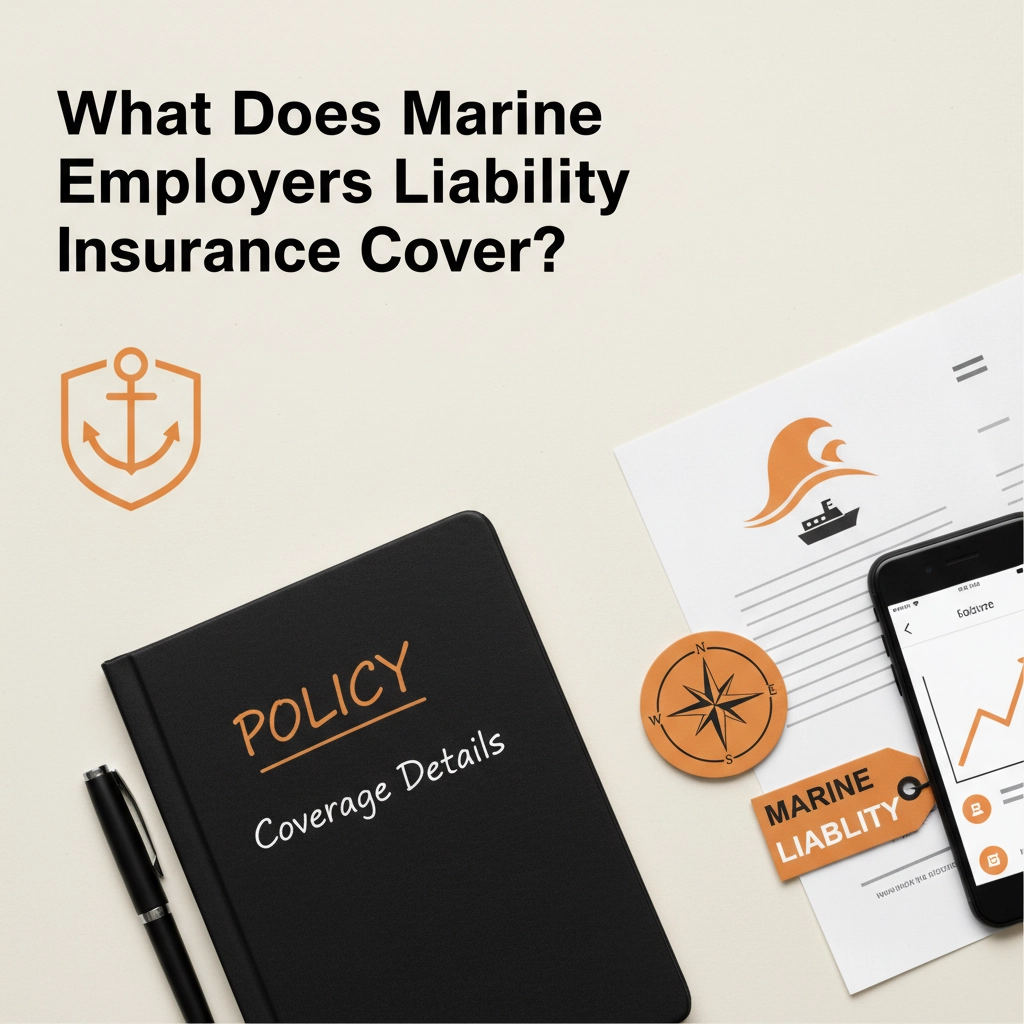
If you run a business that sends workers onto boats, ships, or offshore platforms, you've probably heard about Marine Employers Liability insurance. But what exactly does it cover? And more importantly, do you need it?
Let's break it down in simple terms.
What Is Marine Employers Liability Insurance?
Marine Employers Liability (MEL) insurance protects businesses when their employees work on vessels they don't own or operate. Think of it as a safety net for companies whose workers occasionally step aboard someone else's boat or ship.
Here's the thing: when your employee gets hurt on a vessel, regular workers' compensation might not be enough. Maritime law is different. It's stricter. And the potential costs can be much higher.
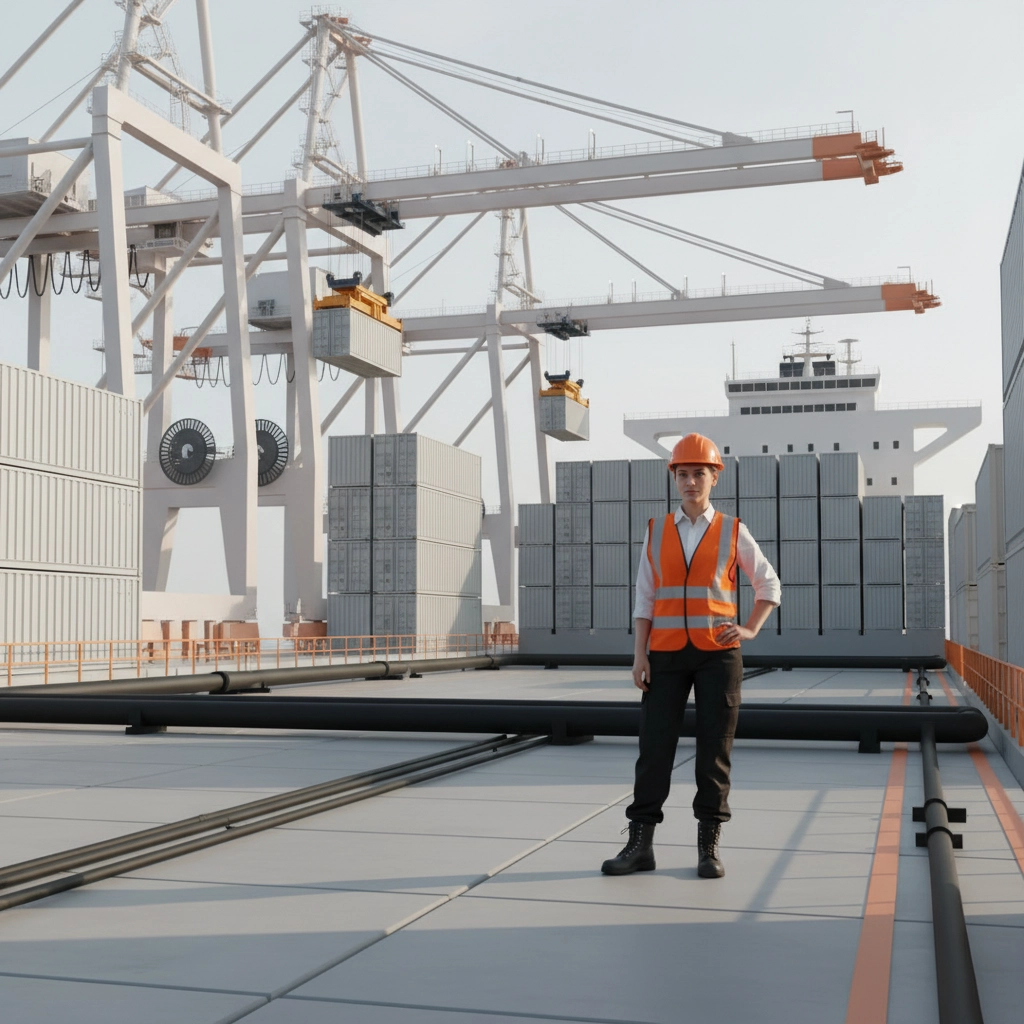
Who Needs MEL Insurance?
Several types of businesses should consider MEL coverage:
Marine contractors
who work on ships, docks, or offshore platforms
Repair and maintenance companies
that service vessels
Staffing agencies
that place workers on maritime projects
Equipment suppliers
who deliver or install gear on boats
Inspection and survey companies
with employees working on vessels
Construction firms
involved in marine projects
If your employees ever set foot on a vessel as part of their job, MEL insurance deserves your attention.
What MEL Insurance Covers
Injury and Medical Coverage
When your employee gets hurt while working on a vessel, MEL insurance steps in to cover:
- Medical expenses for treatment and rehabilitation
- Lost wages during recovery
- Disability payments if the injury affects their ability to work
- Death benefits for families in worst-case scenarios
Legal Protection Under Maritime Law
This is where MEL really shines. Your coverage includes protection under three key maritime laws:
The Jones Act- Allows injured maritime workers to sue their employers for negligence
Death on the High Seas Act- Covers deaths occurring more than three miles from shore
General Maritime Law- Provides additional protections for maritime workers
Maintenance and Cure
Under maritime law, employers have special obligations called "maintenance and cure." MEL insurance covers:
- Maintenance- Daily living expenses while the employee recovers
- Cure- Medical care until the employee reaches maximum recovery
- Unearned wages- Wages the employee would have earned through the voyage
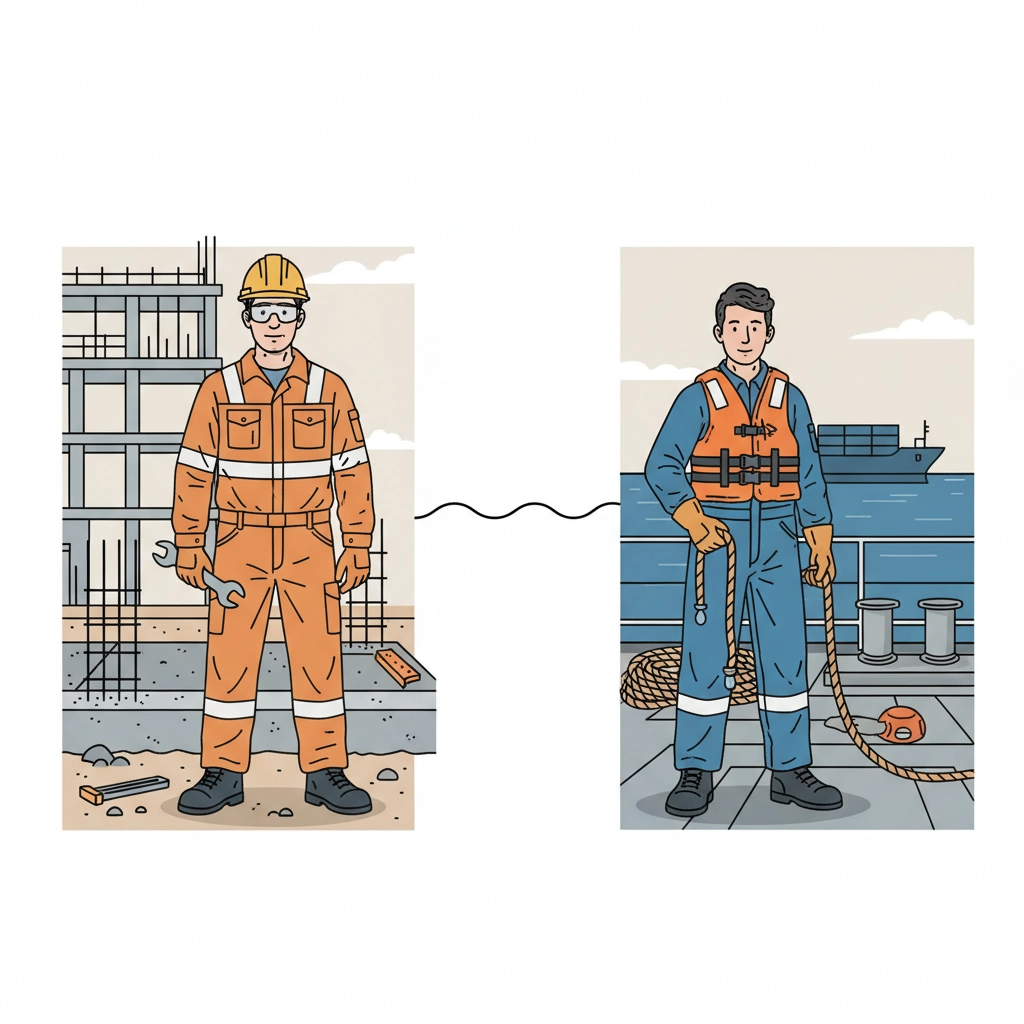
How MEL Differs from Regular Workers' Comp
Here's where it gets interesting. Regular workers' compensation and MEL insurance serve different purposes:
Workers' Compensation:
- Covers most workplace injuries
- Has set benefit limits
- Prevents employees from suing employers
- Required by state law
Marine Employers Liability:
- Covers maritime-specific injuries
- Has much higher potential payouts
- Doesn't prevent lawsuits under maritime law
- Optional but highly recommended
The key difference? Maritime law allows injured workers to sue for negligence, even when workers' comp is in place. This can lead to massive jury awards that regular workers' comp won't cover.
Why Maritime Law Is Different
Maritime workers have stronger legal protections than land-based employees. Under the Jones Act, an injured maritime worker can:
- Sue their employer for negligence
- Receive damages for pain and suffering
- Get full wage replacement (not just partial like workers' comp)
- Recover attorney fees in many cases
These protections exist because maritime work is inherently dangerous. But they also create significant liability exposure for employers.
Real-World Examples
Let's look at some scenarios where MEL insurance proves invaluable:
Scenario 1: Your repair technician slips on a wet deck while fixing equipment on a client's fishing vessel. They break their leg and can't work for three months. MEL covers medical bills, full wages, and daily living expenses.
Scenario 2: A staffing agency places a welder on an oil rig. The welder develops lung problems from chemical exposure and sues under the Jones Act. MEL covers legal defense costs and any settlement or judgment.
Scenario 3: Your inspector falls through a hatch on a cargo ship and suffers permanent back injuries. They sue for negligence, claiming inadequate safety measures. MEL protects your business from this potentially million-dollar claim.

Coverage Limits and Costs
MEL insurance typically offers coverage limits ranging from $1 million to $50 million per incident. The cost depends on several factors:
- Number of employees working on vessels
- Types of vessels and operations
- Geographic areas of operation
- Claims history
- Safety programs and training
For most small to medium businesses, MEL insurance is surprisingly affordable compared to the potential exposure.
Hawaii and Nevada Considerations
For Hawaii businesses: With our island location, many companies have employees working on or around vessels. From inter-island cargo operations to tourism boats, the maritime exposure is significant. Hawaii's workers' compensation laws don't eliminate Jones Act liability, making MEL essential for many local businesses.
For Nevada businesses: While landlocked, many Nevada companies work on vessels in neighboring states or send employees to maritime projects. Even temporary maritime exposure can trigger the need for MEL coverage.
What MEL Doesn't Cover
It's important to understand the limitations:
- Regular workers' compensation claims (you still need workers' comp)
- Vessel damage or property losses
- Pollution or environmental damage
- Business interruption losses
- Non-maritime workplace injuries
MEL is specifically designed for maritime employment liability. It works alongside, not instead of, your other business insurance.
Getting MEL Insurance Right
When shopping for MEL coverage, consider:
Coverage territory- Make sure your policy covers all areas where your employees might work on vessels
Aggregate limits- Annual limits that protect against multiple claims
Defense costs- Whether legal defense costs count against your policy limits
Additional coverages- Some policies include extra protections like crew substitution coverage

Questions to Ask Your Agent
Before purchasing MEL insurance, discuss these key points:
- Do I need MEL if my employees only occasionally work on vessels?
- How does MEL coordinate with my existing workers' compensation?
- What documentation do I need to prove coverage?
- Are there any vessel types or operations excluded from coverage?
- What safety requirements might affect my premium?
Making the Right Choice
MEL insurance might seem like just another policy to buy, but it's really about protecting your business from potentially devastating maritime liability claims. The cost of coverage is typically much less than the risk you're taking without it.
Remember, maritime law heavily favors injured workers. Jury awards in maritime cases often exceed what most businesses could survive without insurance protection.
Getting Started
If you think your business might need Marine Employers Liability insurance, don't wait. Maritime exposure can create liability the moment your employee steps onto a vessel.
At Adams & Associates, we work with leading maritime insurers to find coverage that fits your operations and budget.
Ready to protect your business from maritime liability? Contact us today for a consultation. We'll review your operations, explain your options, and help you make an informed decision about MEL coverage.
Your employees' safety and your business's financial security are too important to leave to chance.


